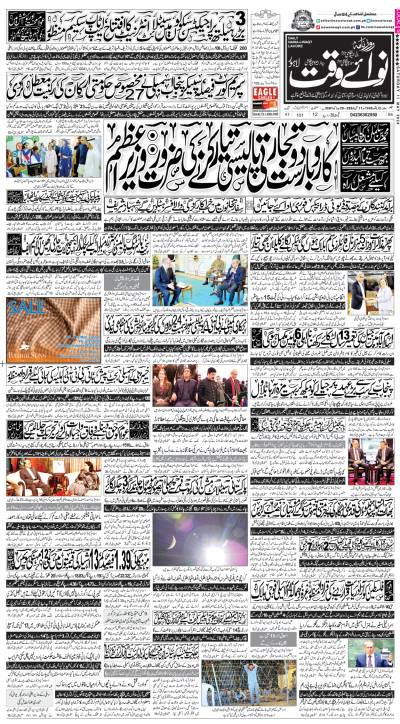ISLAMABAD: Pakistan and India have agreed to restart the dialogue process, Indian External Affairs Minister Sushma Swaraj disclosed at a joint press conference yesterday with her Pakistani counterpart Sartaj Aziz. The new process has been named ‘comprehensive dialogue’ as against the previous ‘composite dialogue’ which terminated after the 2008 terrorist attacks on Mumbai by suicide attackers reportedly trained and sent from Pakistan by and anti-India militant group. “Instead of composite dialogues now comprehensive dialogues will be held in which all outstanding issues will be discussed,” Ms Sushma told the press conference.
All the pillars of the composite dialogue would be part of the comprehensive bilateral dialogue and more things could be added to it, she explained. She said that foreign secretaries of both the countries will finalise a schedule for the talks. India’s decision to agree to a new talks process marks a U-turn in policy by its Hindu nationalist prime minister Narendra Modi, who swept to power in 2014 promising a harder line in dealings with Islamabad. This change of heart emerged last week when Moodi met with PM Nawaz Sharif in Paris on the sidelines of Climate Change conference, and it yielded a more concrete result yesterday after Sushma arrived in Islamabad for the Heart of Asia conference.
Her Islamabad visit was agreed following a meeting between Pakistan and India’s National Security Advisers in Bangkok on Sunday. Yesterday she set out India’s desire for a new trade corridor to be opened into Central Asia through Afghanistan which would also allow Afghan goods to be transported through Pakistan and sold duty-free in India. Her agreement of a new dialogue with Pakistan reflected an acceptance that the dream of regional trade will never be realised without a better relationship with Islamabad.
Under the terms of the agreement the new comprehensive dialogue will include discussions on peace and security, Jammu and Kashmir, Siachen, Sir Creek, confidence building measures, the Wullar Barrage/Tulbul Navigation Project, economic and commercial cooperation, counterterrorism, narcotics control and humanitarian issues. They will also address people to people exchanges and religious tourism, according to a joint statement issued after the meeting between the two sides.
Since November 2008 attacks in Mumbai, in which 164 people were killed and over 300 injured, the relations between Pakistan and India have been dominated by New Delhi’s demands that the perpetrators be brought to justice and that the Islamabad gives assurance that it will prevent any such attacks in future. The two countries agreed to resume the peace process in 2011 but tensions spiked over the past two years, with cross-border shelling over the disputed border in Kashmir claiming dozens of lives since 2014.
At the press conference, both Ms Sushma and Pakistan’s foreign affairs adviser Sartaj Aziz condemned terrorism in all its forms and manifestations and resolved to cooperate in order to eliminate the menace. Significantly, Pakistan assured the Indian minister it would expedite the early conclusion of the Mumbai terror attack trial. Referring to the successful negotiations between the NSAs of both the countries in Bangkok it was decided that both sides would continue to address all issues connected to terrorism.
Sushma Swaraj has also met Prime Minister Nawaz Sharif on the sidelines of the conference to discuss the new dialogue process. The news of a new engagement between the two enemies raised hopes of a broader reconciliation but the hopes of cricket fans in both countries for a new series of test matches were dashed. Cricket diplomacy did not appear on the agenda, a PM House official said.
Both Nawaz and Sushma agreed on increased contacts at all level and resolving all the outstanding issues between the two nuclear neighbours through dialogue, during the meeting which lasted for almost an hour. Premier Nawaz Sharif said that Pakistan wanted good relations with all its neighbours including India which was reciprocated by Indian minister. Shushma confirmed that Prime Minister Narendra Modi will visit Pakistan next year for the Saarc summit expected to be held in September 2016.






